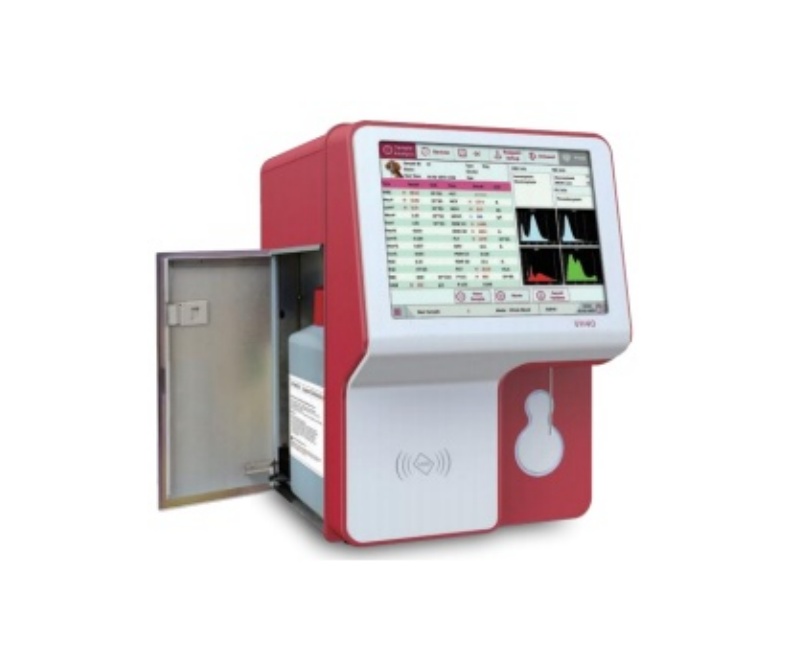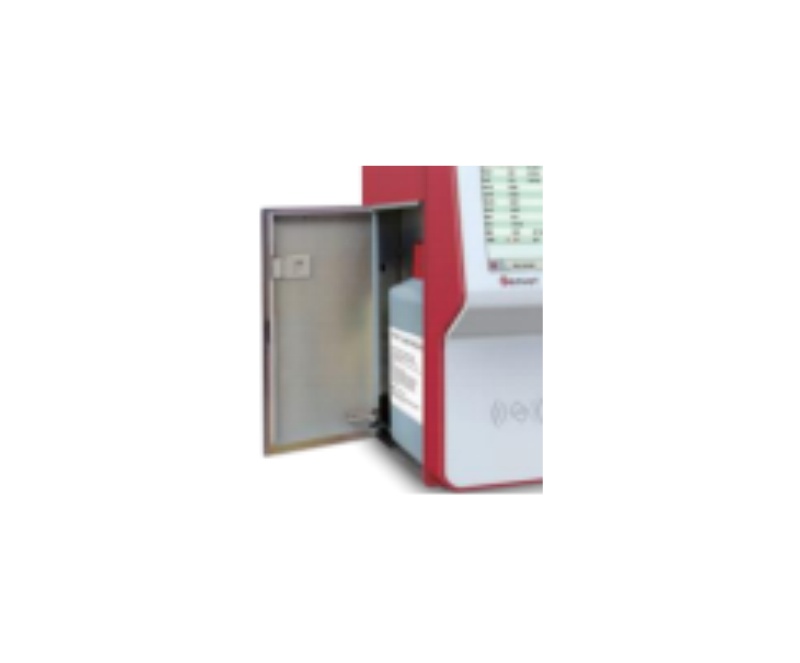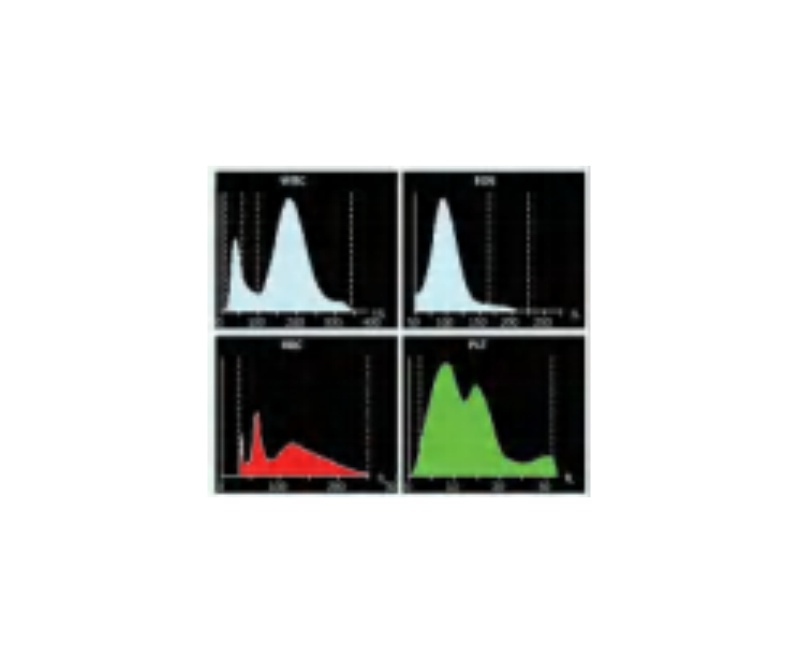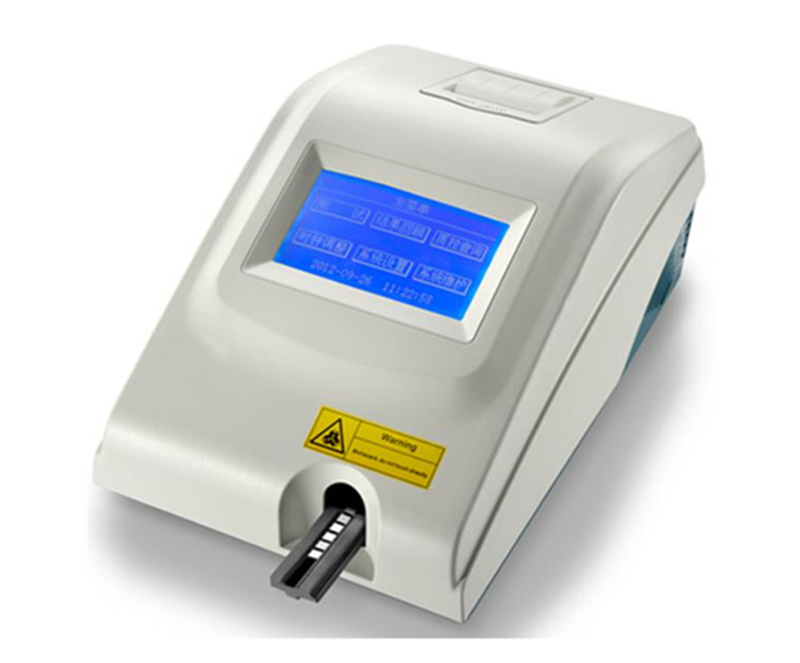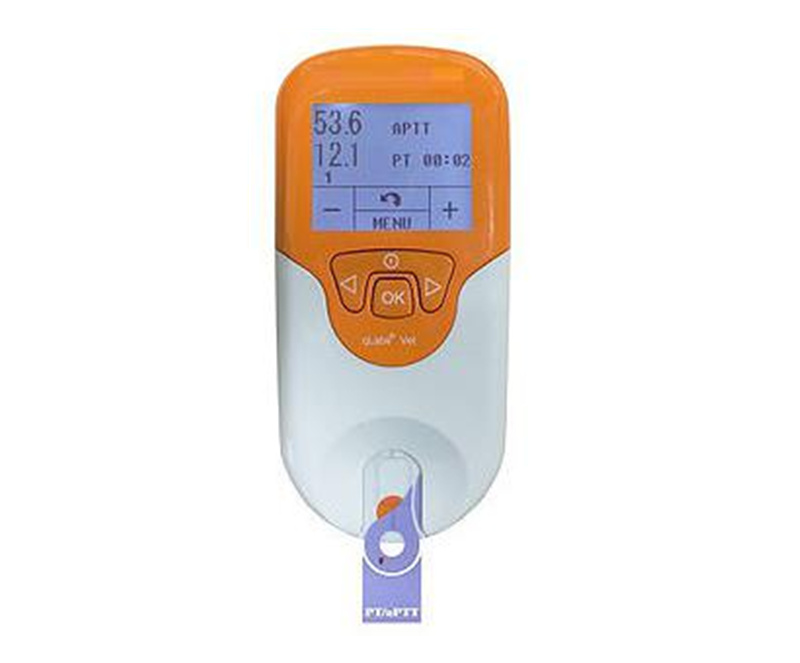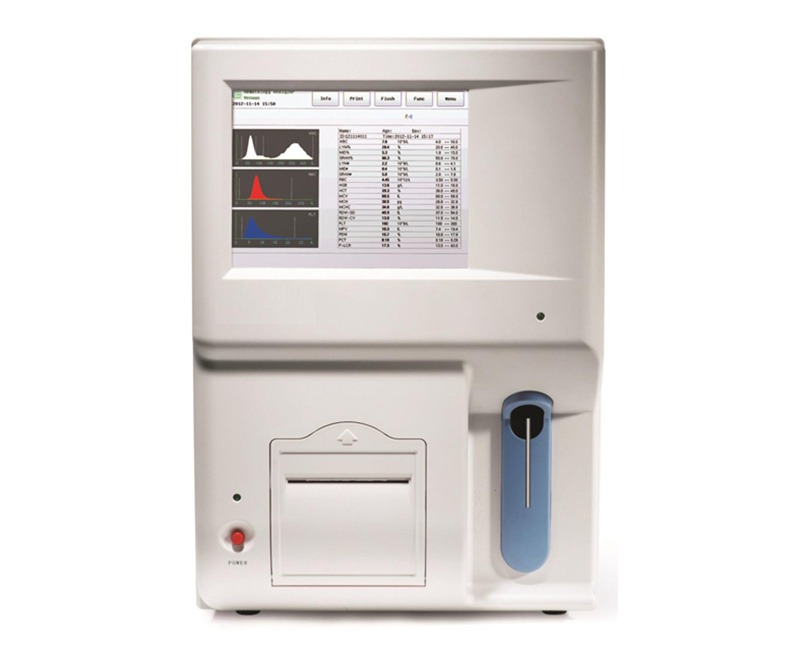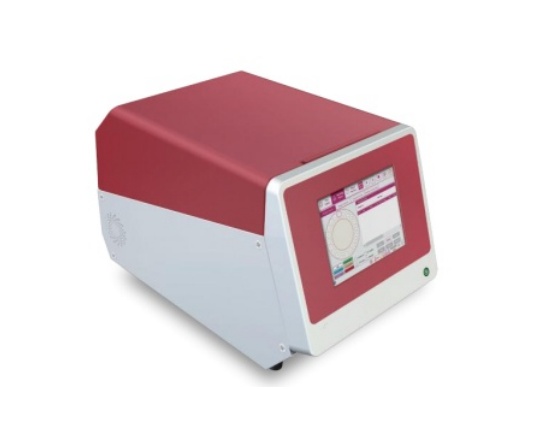PRODUCT DETAILS
4-Part WBCs Clinical Significance
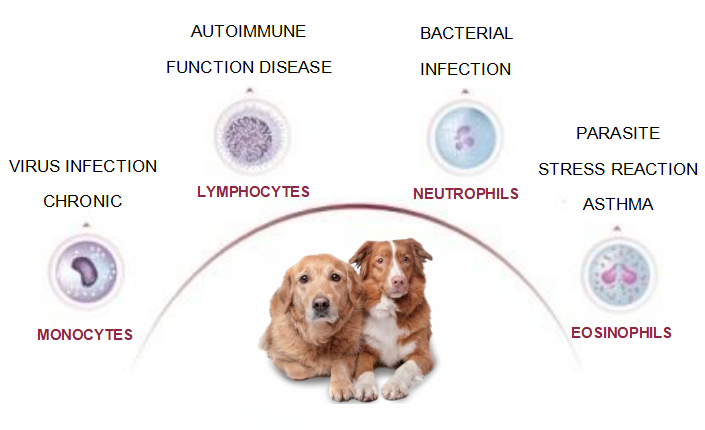
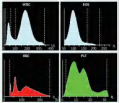 |  | 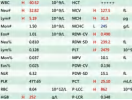 |
| 26 parameters in total With EOS#, EOS% and EOS histogram Allow more detailed information on conditions | Reagent room The lyse placed inside for space saving New Lyse, new formula, more accurate | Smart analysis system Support 19 species, and cutomized Better repeatability for low WBC / PLT value samples |
Proven Technology: Impedance
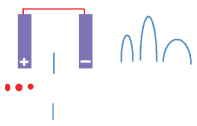 | The count principle of the instrument is based on the measurement of changes in electrical resistance produced by a blood cell passing through an aperture sensor. Passing through the magnification circuit, the voltage signal will be magnified, which will be derived into impluses, and then analytical histogram will be generated. The process happens twice: The first time for differentiating lymphocytes and monocytes; The second is for neutrophils and eosinophils. |
Eosinophils Clinical Significance
The eosinophils are able to phagocytose and kill bacteria, they are mainly known for being involved in parasitic infections and
allergic reactions.
3-Part hematology | 4-Part hematology |
Differentiate Granulocytes, lymphocytes and midcells. Without eosinophils | Differentiate neutrophils, lymphocytes, monocytes and eosinophils. |
Allow identification of conditions: – Anemia – Infection – Leukemia | On 3-Part basis, allow more detailed information: – Allergy – Bacterial infection – Parasite infection – Certain cancers |
* Parasites are very common in animals. Therefore, eosinophil is an important parameter to monitor.

